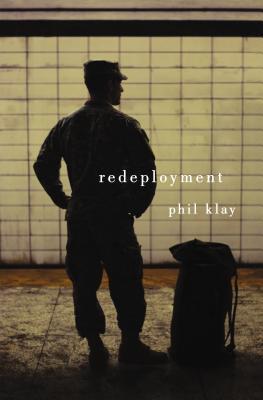More on this book
Community
Kindle Notes & Highlights
When we got on the road, my only comfort was the obvious boredom of my translator, a somewhat short and pudgy Sunni Muslim everybody referred to as “the Professor.” “Why do they call you the Professor?” I asked him. “Because I was a professor,” he said, taking off his glasses and rubbing them as if to emphasize the point, “before you came and destroyed this country.”
We were getting off to an awkward start. “You know,” I said, “when this all started I opposed the war. . . .” “You have baked Iraq like a cake,” he said, “and given it to Iran to eat.”
I knelt and looked at the package. There was a sheet inside detailing the contents. It said the uniforms were sized for boys eight to ten. I figured the malnutrition in our area meant they’d fit best on thirteen- to fifteen-year-olds.
“I am Iraqi,” she’d said on my previous visit. “I am used to promises that are good but not real.”
In Vietnam they had whores. I guess that’s one thing they had over us.” I thought about that the first time I jerked off in a sandstorm.
In training we’d learned to observe our environment, get the rhythms of city life. A man who walks this way every day is suddenly avoiding a particular street, an unusually tall woman you’ve never seen before strolls through the market in a hijab and people get out of her way.
“God always offers forgiveness,” I said, softening my tone, “to those who are truly sorry. But sorry isn’t a feeling, you understand. It’s an action. A determination to make things right.”
At the same time, though, you feel somehow less. What happened, what I was a part of, maybe it was the right thing. We were fighting very bad people. But it was an ugly thing.
if the Marine Corps was any indication, idealism-based jobs didn’t save you from wanting to shoot yourself in the head.


